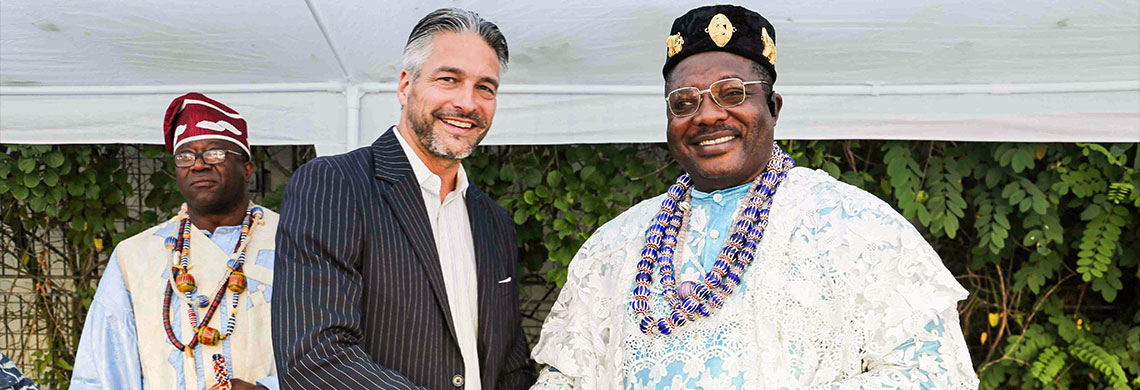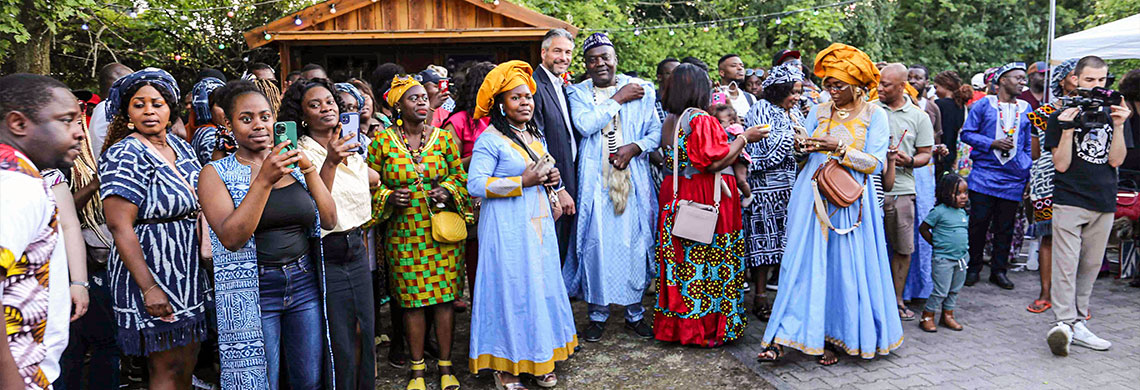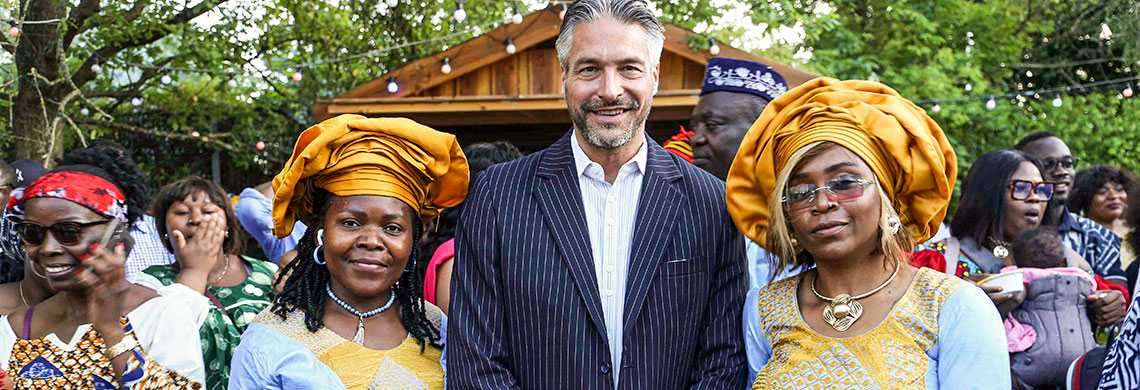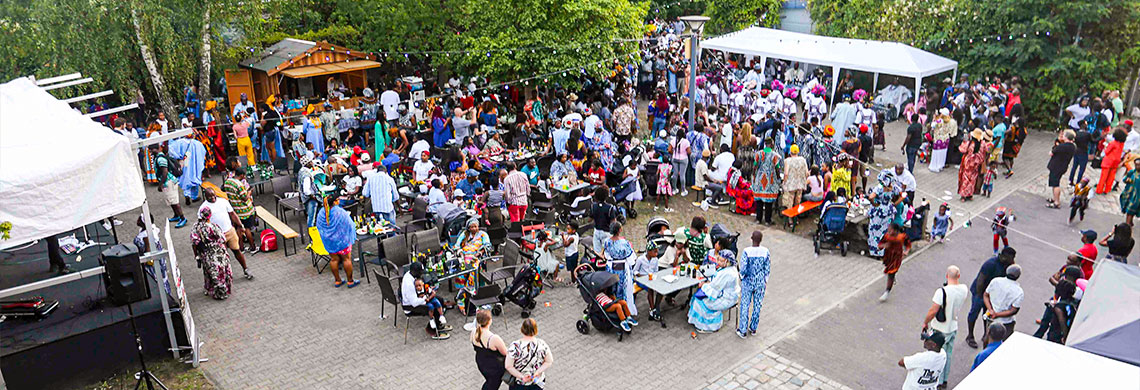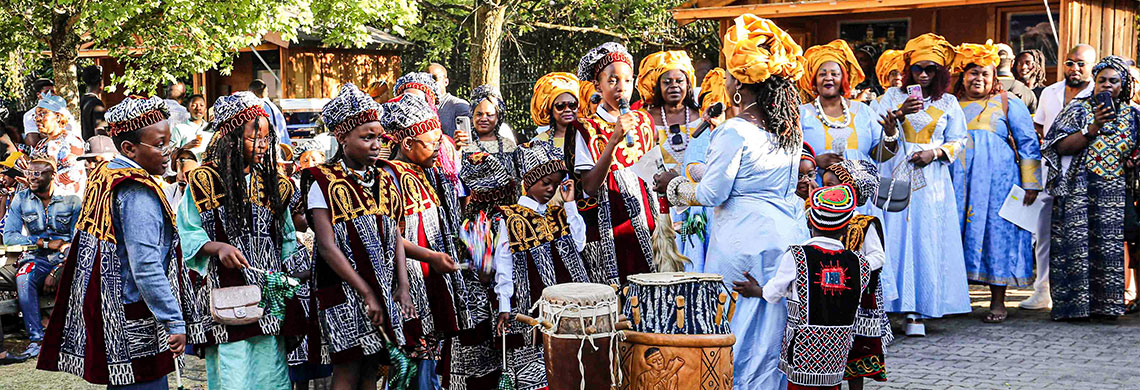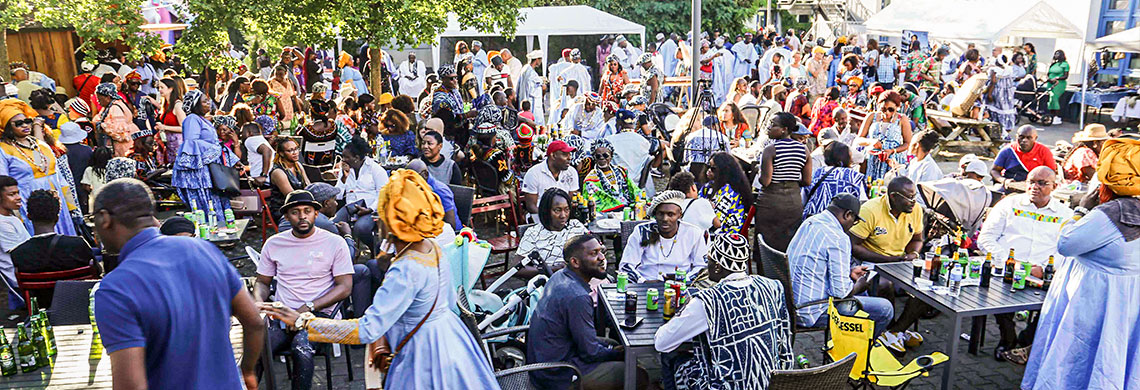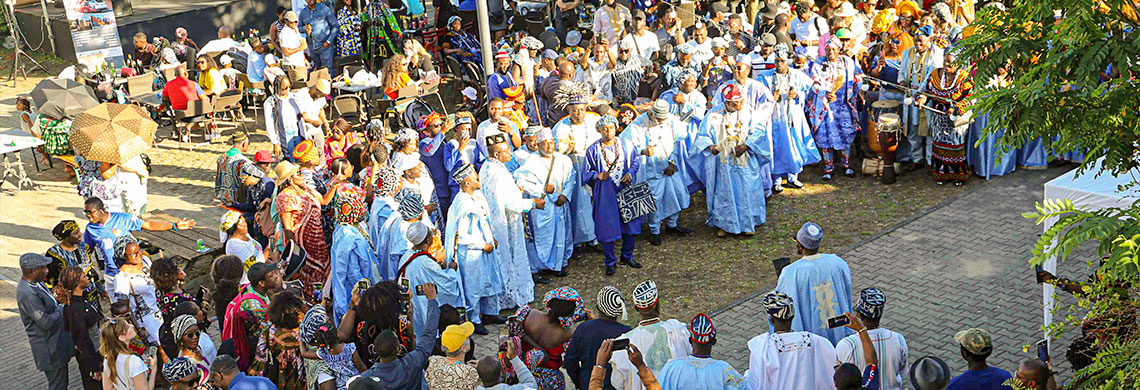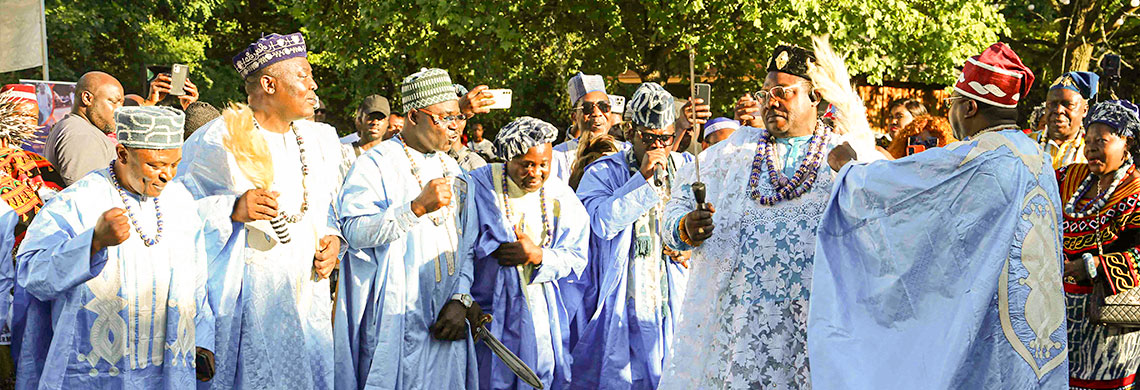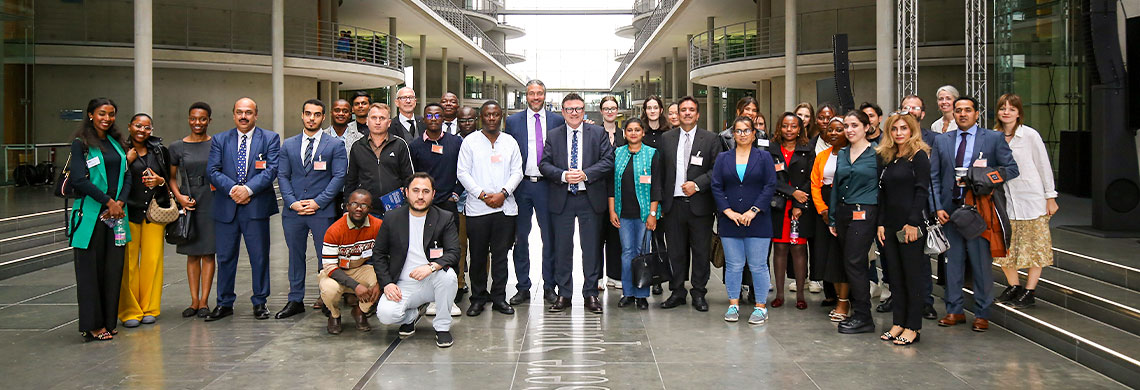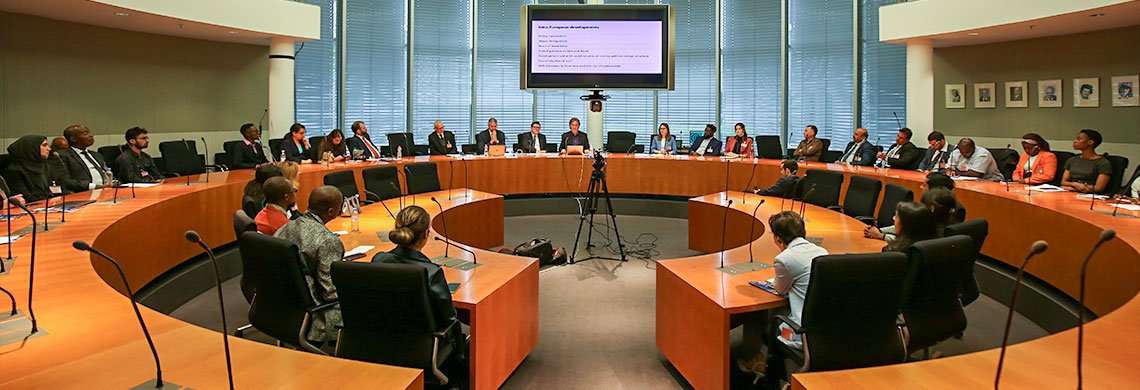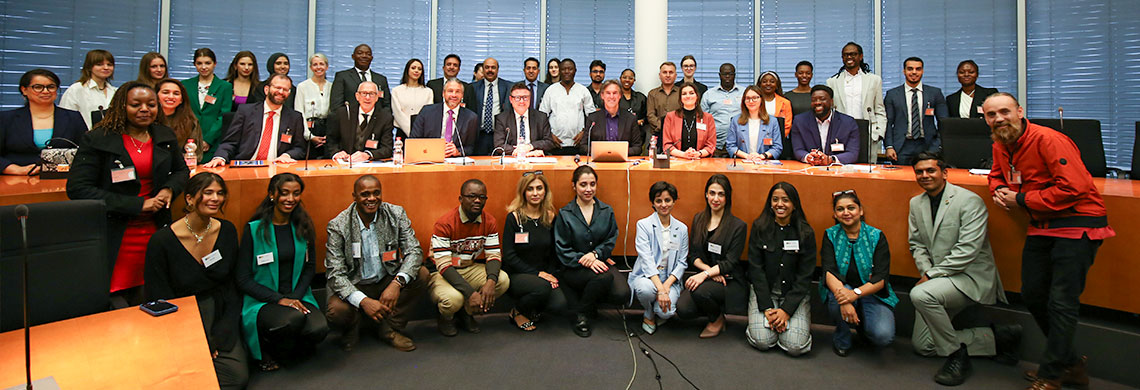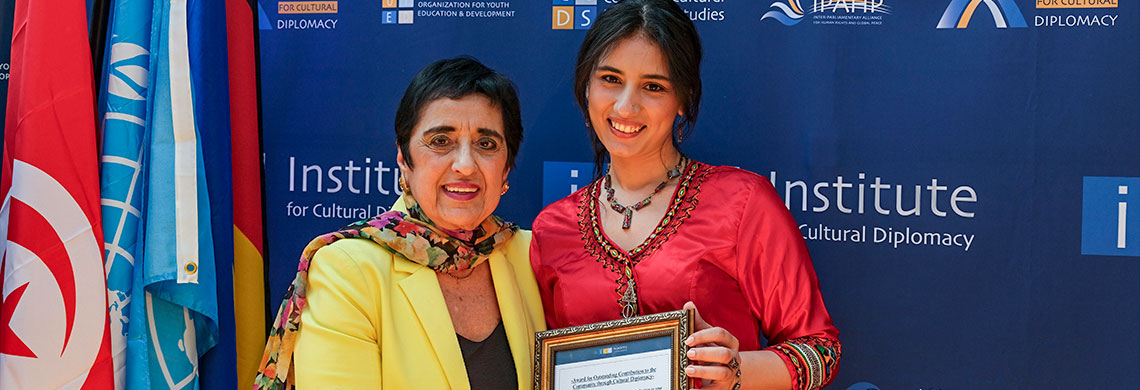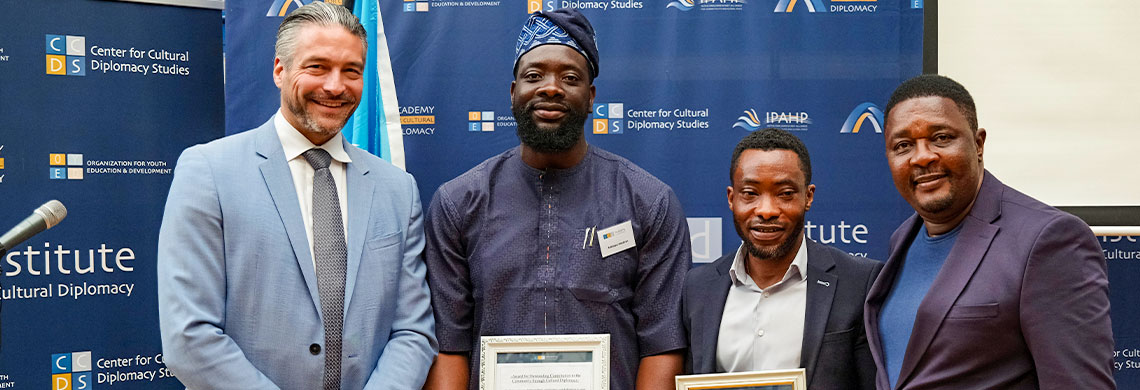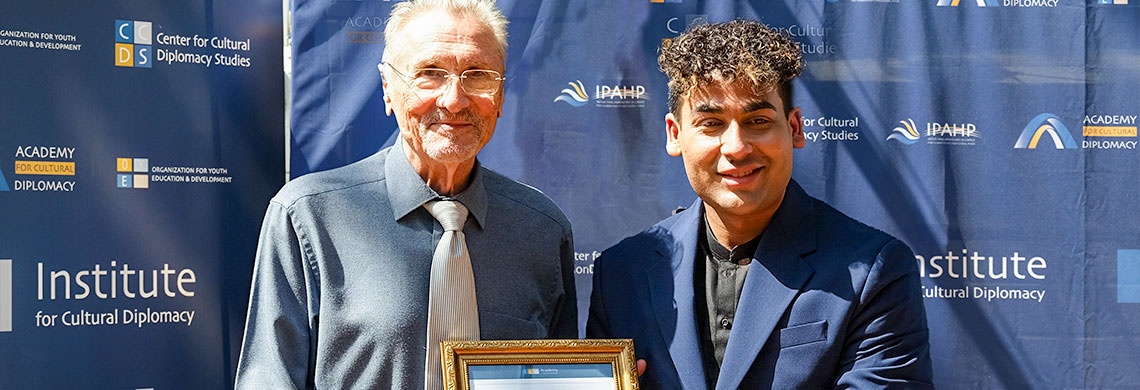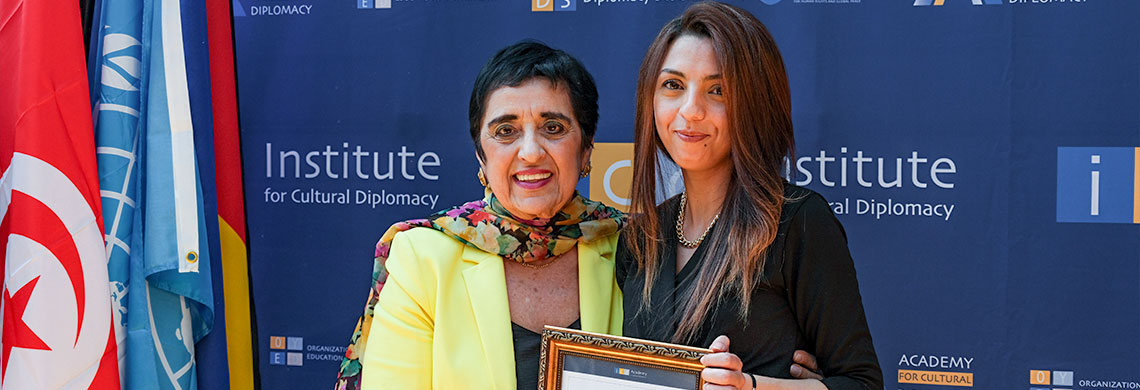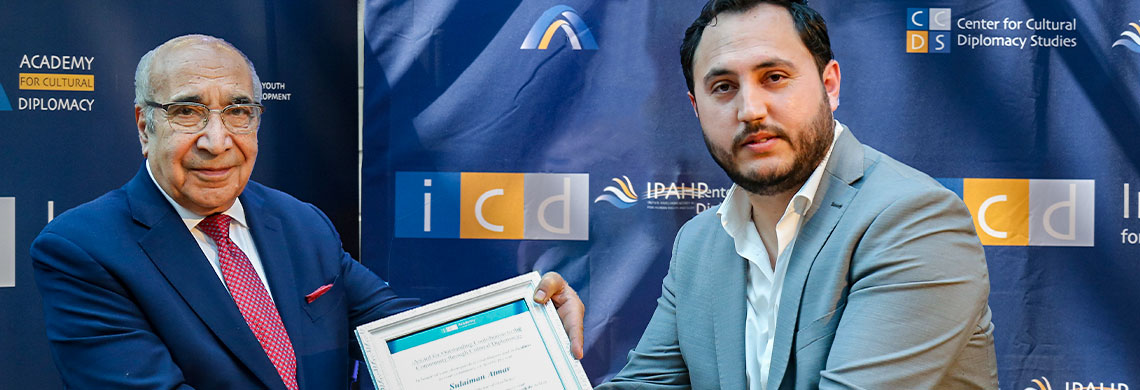Institute for Cultural Diplomacy
What is Cultural Diplomacy? What is Soft Power?

History
Cultural Diplomacy (or "Diplomacy between Cultures") has existed as a practice for centuries. Whilst the term "cultural diplomacy" has only recently been established, evidence of its practice can be seen throughout history and has existed for centuries. Explorers, travelers, traders, teachers and artists can be all considered living examples of “informal ambassadors” or early “cultural diplomats”. Indeed, any person who interacts with different cultures, (currently or in the past), facilitates a form of cultural exchange, which can take place in many fields such as art, sports, literature, music, science, business & economy and beyond.
Throughout history the interaction of peoples, the exchange of language, religion, ideas, arts and societal structures have consistently improved relations between divergent groups. For example, the establishment of regular trade routes enables a frequent exchange of information and cultural gifts and expressions between traders and government representatives. Such deliberate efforts of cultural and communication exchange can be identified as early examples of cultural diplomacy.
No longer relegated to the periphery of the international relations discipline, cultural diplomacy today is a vibrant and innovative academic field of research and has successfully established itself as a stand-alone theory and practice.
Definition
What is Cultural Diplomacy?
"Cultural Diplomacy may best be described as a course of actions, which are based on and utilize the exchange of ideas, values, traditions and other aspects of culture or identity, whether to strengthen relationships, enhance socio-cultural cooperation, promote national interests and beyond; Cultural diplomacy can be practiced by either the public sector, private sector or civil society."
In Practice
Cultural diplomacy in practice (or applied cultural diplomacy) is the application and implementation of the theory of cultural diplomacy, including all models that have been practiced throughout history by individual, community, state or institutional actors. These models include for example diverse cultural exchange programs, international delegations (e.g., American jazz ambassadors) or sports competitions. The examples are uniquely able to affect intercultural and interfaith understanding and promote reconciliation.
Importance
In an increasingly globalized, interdependent world, in which the proliferation of mass communication technology ensures we all have greater access to each other than ever before, cultural diplomacy is critical to fostering peace & stability throughout the world. Cultural diplomacy, when learned and applied at all levels, possesses the unique ability to influence the “Global Public Opinion” and ideology of individuals, communities, nations.
This can accelerate the realization of the 5 important principles below. By accomplishing the first principle, one enables the second, which in turn enables the third until the fifth ultimate principle of global peace and stability is achieved.
The principles are:
| Respect & Recognition of Cultural Diversity & Heritage |
| Constant Global Intercultural Dialogue |
| Justice, Equality & Interdependence to All |
| The Protection of Global Human Rights |
| Global Peace & Stability |
The Public Sector
Two broad approaches to conducting regional and international relations can be distinguished; that of 'hard power' and 'soft power'. The political scientist Prof. Joseph S. Nye has made the renowned distinction between the two, describing 'soft power' as:
"The ability to persuade through culture, values and ideas, as opposed to 'hard power', which conquers or coerces through military might".
Whilst the 'hard power' approach has historically been a favored policy of governments in conducting international and regional relations, the increasingly interconnected world stage highlights the need for co-operation on a new level. This is where the role of Soft Power as a form of cultural diplomacy becomes significant. On this basis, cultural diplomacy is not secondary to political or economic diplomacy, but rather functions as an intrinsic and necessary component of it.
The Private Sector
As the move towards more socially responsible business practices gains momentum, the ability to understand and embrace the different values and needs of diverse cultures and societies becomes ever more important. There are many reasons why corporations need to be aware of the differences between cultures in their strategic decision-making process and adopt cultural diplomacy models into their agenda:
- In the era of growing social awareness, corporates with culturally sensitive marketing plans and campaigns will enjoy a positive public opinion and good image, thus financially perform better.
- Companies seeking to expand abroad, will encounter problems unless they conduct research into, and act according to the cultural differences with the host country.
- Companies with a national focus face a related challenge in ensuring that they are aware of and sensitive to national cultural minorities.

